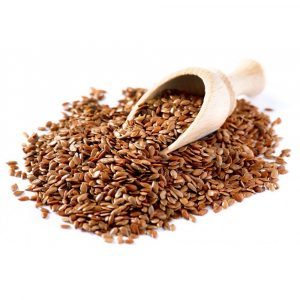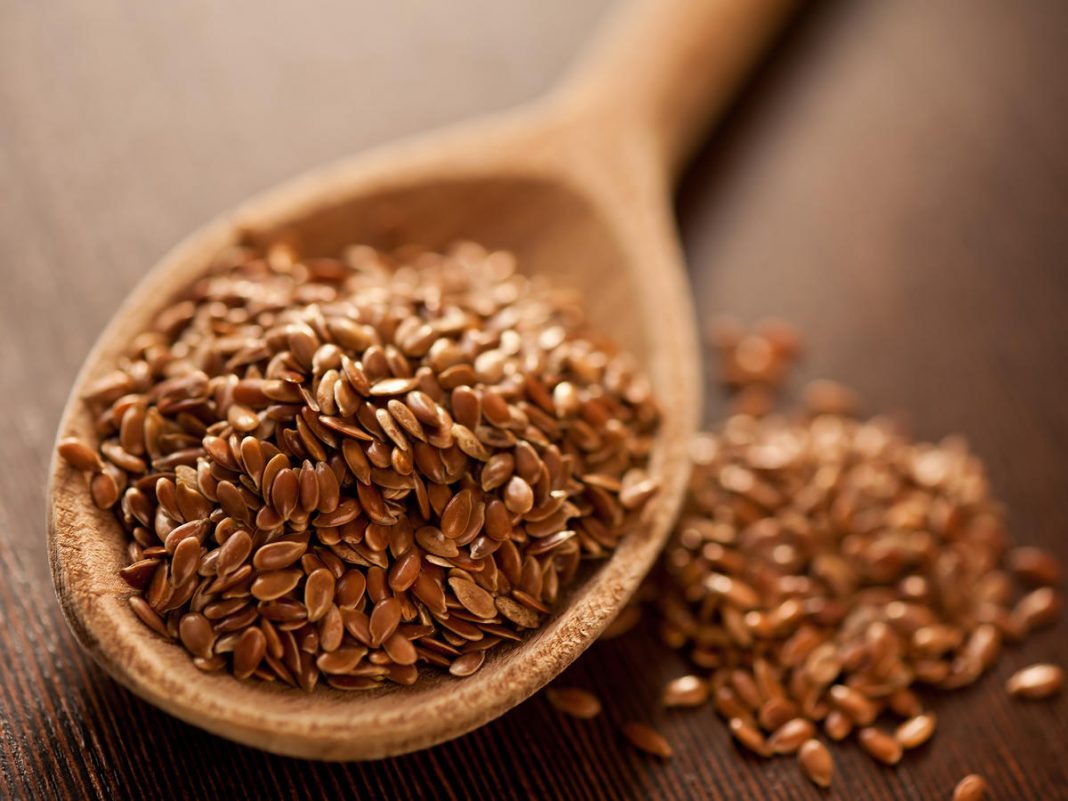Today’s fast-paced lifestyle and round-the-clock work schedules take a toll on our physical health. Unhealthy eating, mental stress, and lack of physical exercise are some of the factors that lead to various health hazards that the present generation faces. The best way to overcome these complications is by ensuring your body gets an ample supply of nutrients through fiber-rich foods. One such highly functional edible seed is the flax.

These are small brown colored pseudo-grains that are a good source of magnesium, thiamine, and manganese
Wholesome benefits of consuming flax seeds

The 6000-year-old cereal has anti-inflammatory properties, the best cure for internal swelling.
High content of omega-3 fatty acids that equals the same goodness of walnut or salmon. It is one of the wisest intakes for glowing skin and voluminous hair.
Helps maintain blood sugar and cholesterol levels. This has been one of the major concerns in the recent times and the number of reported cases of diabetes and cardiovascular issues are on the rise. Flax seeds’ nutritional value burns excess fat deposits in arteries and supports in healthy heart functioning, thus dealing greatly with obesity.
Ensures proper digestion, thus resulting in better bowel movements and effective metabolism. This will in turn keep you active, energetic, and lively all day long.
Consume it right

Health experts suggest taking this wonder-seed one tablespoon per day. But, make sure you chew them well and drink enough water for the body to absorb the nutrients of flax.
Infinite ideas to relish the goodness

Sprouted flax seeds seem to be a more beneficial intake.
Include them in your breakfast, either with a bowl of oats or any meal for that matter.
Flax seeds are nutty and add a crunchy flavor when used for salad dressing.

Grind them along with fresh-fruit smoothies of your choice for a summer treat.
Make it an ingredient of baked food such as bread and cake.
In a time where most of us depend on medications for survival, let’s consider taking nutritious foods, cereals, fruits and veggies to keep up with our busy routines for a lifestyle free from diseases.

















